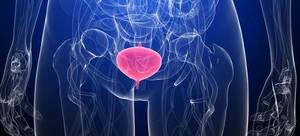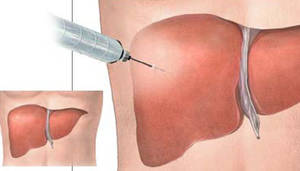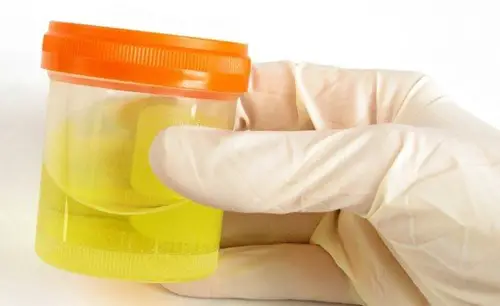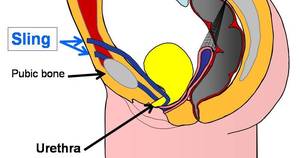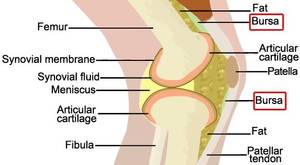The bladder, a hollow organ located in the lower abdominal area, plays a critical role in storing and expelling urine. As it fills, its muscular walls relax to accommodate the urine, and during urination, these muscles contract to push urine out through the urethra. Pain in the lower abdomen associated with urination can be distressing and disruptive, often pointing to underlying health concerns.
Common Causes of Lower Abdomen Pain Associated with Urination
Several conditions can lead to this type of pain, including interstitial cystitis (IC), urinary tract infections (UTIs), and, less commonly, bladder cancer. Let’s explore these conditions and their symptoms, diagnoses, and treatments.
Interstitial Cystitis: A Chronic Bladder Condition
Interstitial cystitis (IC) is a long-term condition characterized by inflammation of the bladder. This inflammation often stiffens the bladder wall, limiting its ability to expand and causing pain and discomfort. Women are significantly more likely than men to develop IC.
Symptoms
- Intense pain as the bladder fills, relieved when it empties
- Pain in the lower back, abdomen, or groin
- Frequent urination or an urgent need to urinate with minimal output
- Sexual discomfort related to bladder inflammation
Diagnosis
IC is typically diagnosed by excluding other conditions. Doctors may:
- Take a detailed medical history and conduct a physical exam.
- Perform tests such as:
- Urine analysis: To rule out infections.
- Cystoscopy: A thin scope inserted into the urethra to examine the bladder lining.
- Pelvic imaging: Ultrasound or CT scans to detect abnormalities.
Treatment Options
Managing IC often involves trial and error. Options include:
- Medications:
- Pentosan polysulfate sodium (Elmiron), the only FDA-approved oral drug for IC.
- Antihistamines like hydroxyzine and tricyclic antidepressants like amitriptyline.
- Seizure medications such as gabapentin may be considered in some cases.
- Bladder instillation: A catheter delivers medication directly into the bladder.
- Bladder distention: Filling the bladder under anesthesia to stretch its walls, which may temporarily reduce pain.
- Nerve stimulation: Electrical impulses help control bladder pain and frequency.
- Lifestyle changes: Avoiding trigger foods, managing stress, and practicing pelvic floor exercises.
Urinary Tract Infections: A Common Culprit
UTIs occur when bacteria enter the urinary system, often affecting the bladder (cystitis). Women are particularly susceptible due to anatomical factors.
Symptoms
- Burning sensation during urination
- Frequent and urgent need to urinate
- Abdominal pain or tenderness
- Cloudy, foul-smelling, or bloody urine
- Low-grade fever
Diagnosis and Treatment
Doctors diagnose UTIs through a urine test that identifies bacteria. Treatment involves antibiotics and increased fluid intake to flush out the bacteria. Quick treatment is essential to prevent the infection from spreading to the kidneys.
Bladder Cancer: A Rare but Serious Condition
Bladder cancer, while less common, can present with symptoms similar to those of IC and UTIs.
Symptoms
- Blood in the urine (often painless)
- Painful urination
- Difficulty passing urine
- Frequent or urgent urination
- Lower back pain
Diagnosis
Tests to diagnose bladder cancer include:
- Cystoscopy: Tissue samples may be taken for biopsy.
- Imaging tests: CT or MRI scans with contrast dye to highlight the bladder.
- Urine cytology: Examining urine for abnormal cells.
Treatment
Treatment depends on the cancer’s stage:
- For localized tumors:
- Surgery to remove the tumor
- Chemotherapy or immunotherapy delivered directly into the bladder
- For advanced cases:
- Partial or total bladder removal
- Chemotherapy and radiation to manage metastasis
When to See a Doctor
Given the varied causes of lower abdomen pain linked to urination, consulting a healthcare provider is crucial. Early diagnosis and treatment can prevent complications and improve quality of life.
Editorial Advice
If you experience persistent or severe lower abdomen pain before, during, or after urination, seek medical evaluation promptly. Keeping a symptom journal and maintaining a balanced diet while staying hydrated can also support your bladder health. Managing stress and adhering to prescribed treatments are key to recovery and maintaining comfort.

